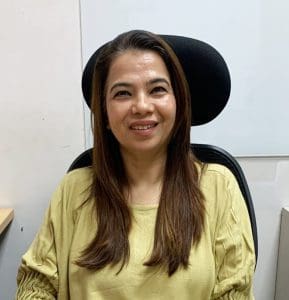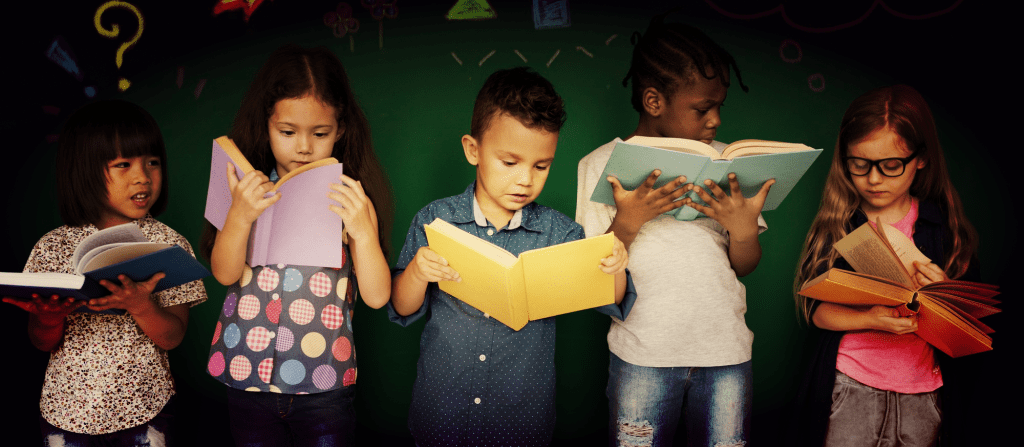Aanchal Vasandani, Vice President – Content, Ampersand Group

Blended learning is a learning approach that combines instructor-led brick-and-mortar classroom training and online learning activities.
Blended learning has become the preferred instructional strategy for classrooms due to the proliferation of digital tools and online platforms, making it easier for digital-age learners to transition to technology-based classes. According to one study, when combined with face-to-face instruction, online learning can help learners gain a deeper comprehension of course material, foster creativity and teamwork, and result in a higher sense of student involvement.
Furthermore, India’s NIPUN BHARAT mission, aligned with NEP-2020 guidelines, aims to ensure every child achieves desired learning competencies in reading, writing, and numeracy by Class III.
In the backdrop of this, it is important for us to know:
- What is FLN?
- Why it is important?
- How can blended learning help achieve FLN goals?
Early childhood is a critical period of child development with literacy and numeracy development beginning in the first three years of life. Parents, home and school environment, social interactions of children and interactions with various materials such as books, puzzles and games are the building blocks for the development of language, reading, writing and numeracy skills.
Foundational Literacy and Numeracy is more than just the child’s ability to read basic texts and solve number operations. Young children are very eager to share their thoughts, ideas, needs, and feelings. Through language, they learn to organise their thoughts, ideas and communicate their feelings.
Foundational Literacy refers to phonics development, decoding sounds, reading fluency, reading comprehension and writing. It helps them decode meaning from the text and voice, based on their experiences of the language.
On the other hand, Foundational Numeracy is all about developing number sense, understanding shapes, spatial relationships, measurement, data handling etc. It also encompasses the ability to use mathematical skills to solve problems.
FLN skills are foundational for learning and have been scientifically correlated with better educational outcomes in later years. However, a lack of learning opportunities and appropriate exposure to proper stimuli during early years hampers children’s academic progress throughout life.
VIBGYOR Group of Schools, a part of the Ampersand Group, uses a comprehensive, researched-based personalised approach to achieve FLN through its proprietary curriculum incorporating blended learning models. In Blended Learning models, we use a mix of traditional face-to-face and online learning, combining the best of both. Teachers use audio-visual resources like rhymes, theme-based stories, and interactive exercises, carefully blended into the offline curriculum.
With the world moving towards digitisation, artificial intelligence, virtual reality, robotics, coding skill sets in the near future, it will transform the way we live and the way we work and teach. Hence, our children need to harness the spectrum of skills like empathy, creativity, social skills, problem-solving and innovation skills from their early years itself. Our endeavour is to support the building of such skills by providing a suitable learning environment and structured age-appropriate learning interventions through an enhanced and balanced curriculum.
Implementing a Blended Learning approach to ensure Foundational Literacy and Numeracy requires careful planning and execution, taking care not to over-expose the child to excessive screen time.
The Blended Learning models aim to strike a balance between screen time and hands-on, play-based learning experiences. Children get a maximum of 10 minutes of screen time each day, out of a 4-hour programme.
With a meticulously crafted implementation plan and continuous ongoing support, blended learning can ensure that every child receives a solid foundation in literacy and numeracy, for them to be successful and life-long learners. We envision an exciting future for our young learners, one in which they will make a positive contribution to society as responsible citizens while polishing their academic aptitude and by placing focus on building 21st Century Skills.
References:


